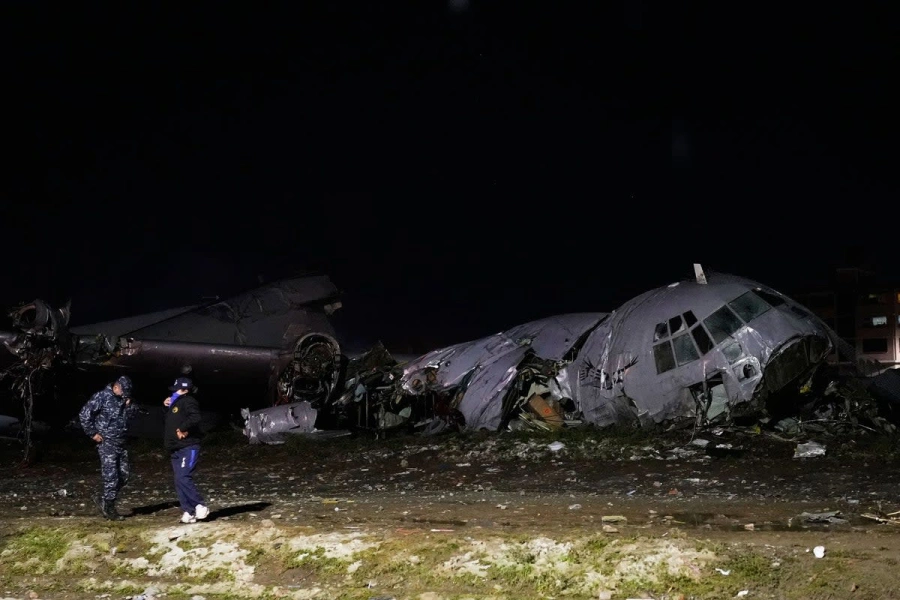ACHHAM, Jan 24: With the temperature dipping, people have started wrapping themselves up with layers of warm clothes and avoiding going out of home to escape the biting cold. However, women in the far western region do not seem to have this 'privilege' in their fate.
In this chilly weather, one can only imagine the difficulty of living under tents and that too near a jungle. It may sound like a nightmare but it is the reality for the woman in various rural parts of the country's far west. Unable to get rid of the ill practice, women here still live in Chhaupadi sheds (menstruation huts) during the five days of their periods.
Freezing temperature, lack of warm clothes and fear of being attacked by wild animal scare these women to the extreme. Sadly, they have no option other than risking their lives.
Women urge for 'brainwashing' along with strict measures agains...

As it starts to snow in the mountain region of Bajura, people of the Bhote community come down to Achham to avoid the life-threatening cold. As Chhaupadi is deep-rooted in their culture, women here are banished to sheds or tents regardless of weather.
In a bid to avoid the dropping temperature, newlywed couple Sarpalal Thapa and his wife Laxmi of Bajura's Pandusen Municipality came to Achham's Mellekh Rural Municipality-7. However, the new bride is obliged to spend her night under a tent when others are snuggling under warm blankets inside their homes.
"Migrating to the plains with all the cattle and other loads was difficult, but living under the tent has become more challenging," Laxmi laments. According to her, she lacks proper clothes and a bonfire is the only medium to keep her warm. Her husband did not want her to sleep outside but her mother-in-law suggested to her to do so fearing the gods.
Similarly, Mansara Thapa of Pandusen who also came down to Achham temporarily with her family members said, "Two years ago I delivered a child. I was banished to the shed for 25 days after giving birth," said Mansara. She says, Chhaupadi was a common practice in her parental home as well but she was unknown to the practice of sending a new mother to a tent or a shed for 25 days until she experienced it firsthand.
"The pain of just delivering a child and living outside in the cold for so long cannot be expressed in words," she said. Every year, after the chilly weather starts taking its toll on their lives, locals living in the high Himalayas temporarily migrate to the plains. Like every year, the Bhote families of Pandusen have reached Achham with their more than 200 goats and sheep.
Thirty-three years old, Isara Thapa of Pandusen spends every five days of a month under tents. "We rather stay outside for a few days but can't afford to irk god," she said. Practicing Chhaupadi becomes torture especially in winter. In their home village, they live in sheds but when they come to the lowlands of Achham, they are obliged to stay under tents as constructing sheds is not possible.
Another reason for migrating to the plains and the lowlands in the winter is business. Villagers use their sheep to carry goods to the markets. They return home by mid-March when the winter is about to end.






































